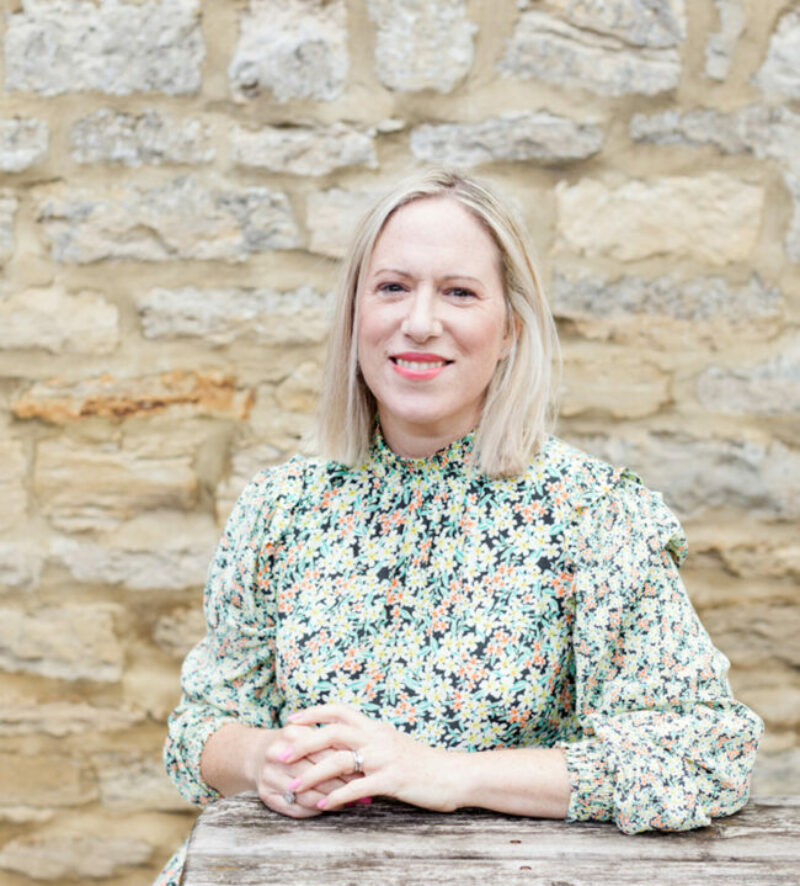Emily Pool describes herself as a holistic independent financial planner. After spending much of her career in the city, and several years working in project finance and then commercial banking, she realised she needed to “help balance people rather than balance sheets.” Emily hosts our Wellbeing Cafés.
What’s your happiest memory?
When my daughter was born 11 years ago. In my eyes she was the most beautiful baby I had ever seen and it had been a difficult two days of trying to get her into the world, so it was an amazing moment of relief and pure joy. I have to say the arrival of my son a few years later was pretty special too (he might be reading this!).
What one thing do you wish you’d been told about finance when you were 15?
When I was 15 I was super keen to become an actress with the Royal Shakespeare Company, so a career in finance was so far from my mind. In the end I studied Law and German at University, which readied me for a first career in project finance, which is very legal-based. I think I would have told myself not to chase a large salary as I had done initially. Personal finances usually benefit from making your passion your career, because it is more likely you’ll be successful if you do what you love. On a technical level, I think all children should be taught about compounding AND delayed gratification, because these things together are a winning combination.
What prompted you to join the Initiative for Financial Wellbeing?
I have always believed we are living in a period of Enlightenment, which will teach people to put health, wellbeing and quality of life above baser concepts of money, status symbols and materialism, which can cause more stress than they’re worth. I’m not saying we shouldn’t aspire to have wealth and nice things; I just think we are generally happier if we understand the reasons why we think we want something and that we take care of our spiritual needs before our material ones. Intentionality is key.
Why were you drawn to financial wellbeing to underpin your business practices?
To me, to show holistic concern for your clients is natural, I wouldn’t say it underpins my business practices, so much as it is part of the authentic me. I am now using the wellbeing angle to encourage my clients to think seriously about ethical and sustainable investing, because I believe they will be more engaged with their financial futures if they align their investments with their values and use them for positive impact on people and planet. I am loving growing into my niche and am soon to launch a new brand targeting clients who have interest in this area.
What’s the biggest thing you’ve learnt about financial wellbeing since joining?
That as a planner, there will be some people that you can’t properly help because they need to do some deeper work to develop the right mindset to really allow themselves to move forward. Many people self-sabotage their plans or put hurdles in the way and it can be difficult to overcome this without proper help from a coach or sometimes even a therapist.
How has the way you work with clients changed since you joined?
I find it much easier to explain to clients why I ask them about their intrinsic motivations. I think they get it now.
Who or what is your favourite (general) wellbeing guru, podcast or book? Please provide a sentence or two explaining why.
For me, Brene Brown has been key. I found her when I was rebuilding myself after the children’s “toddler years”. I say rebuilding because it was a bit like putting myself back together again. Like many women juggling young children and career I had suffered greatly from perfectionism and when you are trying to do two such important jobs at the same time you have to cut yourself some slack. Brene Brown taught me this, and for that I am ever grateful.
I also love a bit of Oprah – she is so empowering.
What are you doing to achieve your own financial wellbeing goals?
Small simple steps. I had a few years off pension contributions while I retrained, but am now contributing to a defined-contribution plan, which is largely in ethical and sustainable investments – this is really important to me. I also use the Starling Bank app and make sure I am making contributions to my saving goals. I nearly have enough for my Fairfax and Favour bag, but I am some way off my Bora Bora holiday target. These are practical steps that help reduce my stress levels and give me that feeling of reward for all my hard work.

